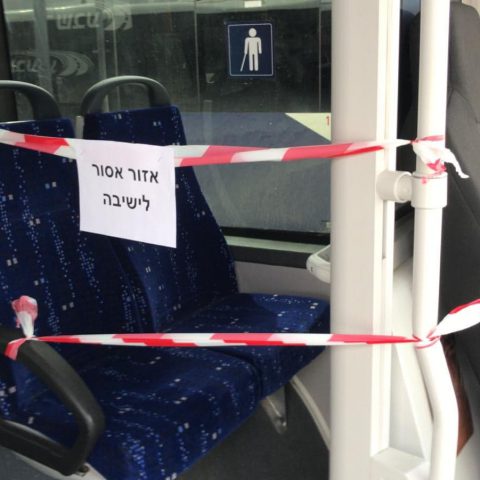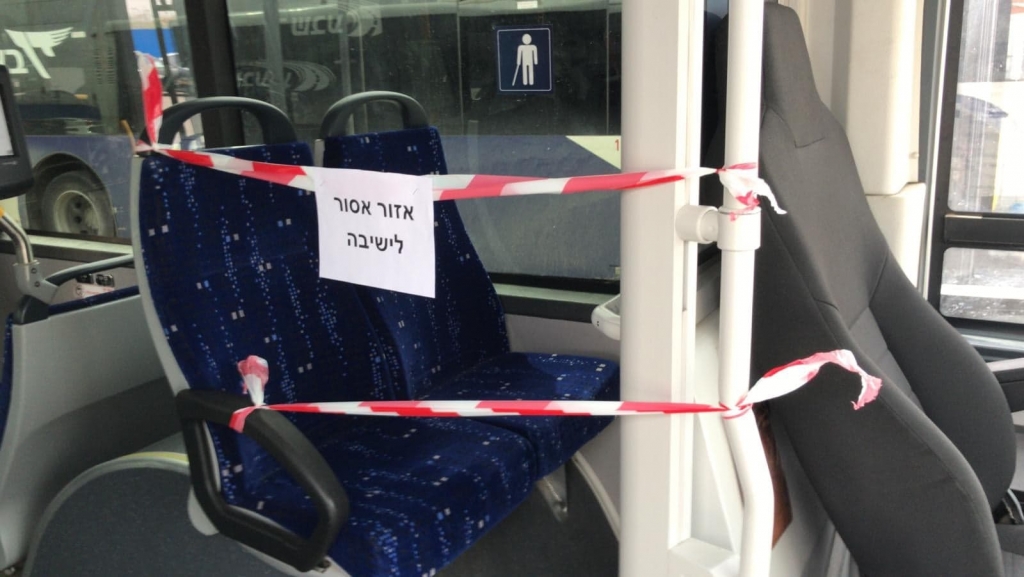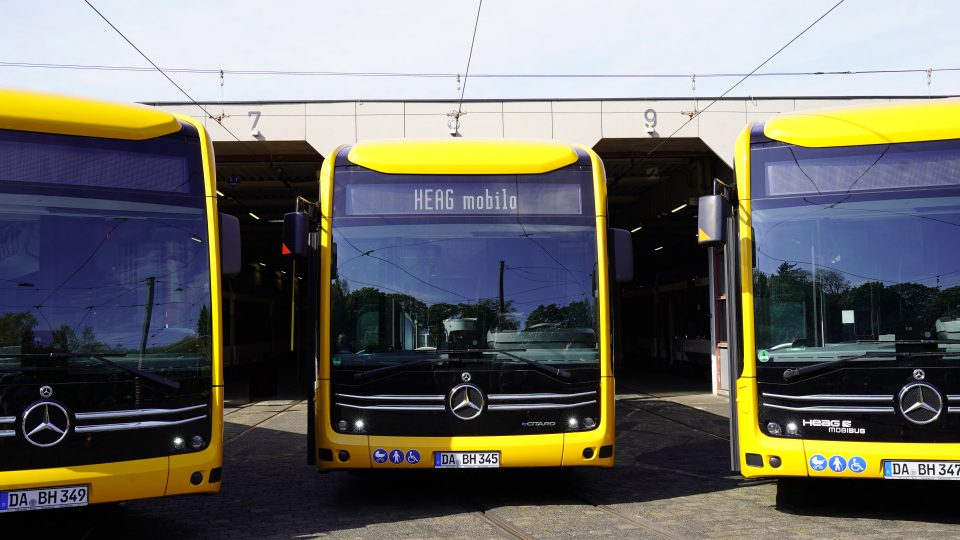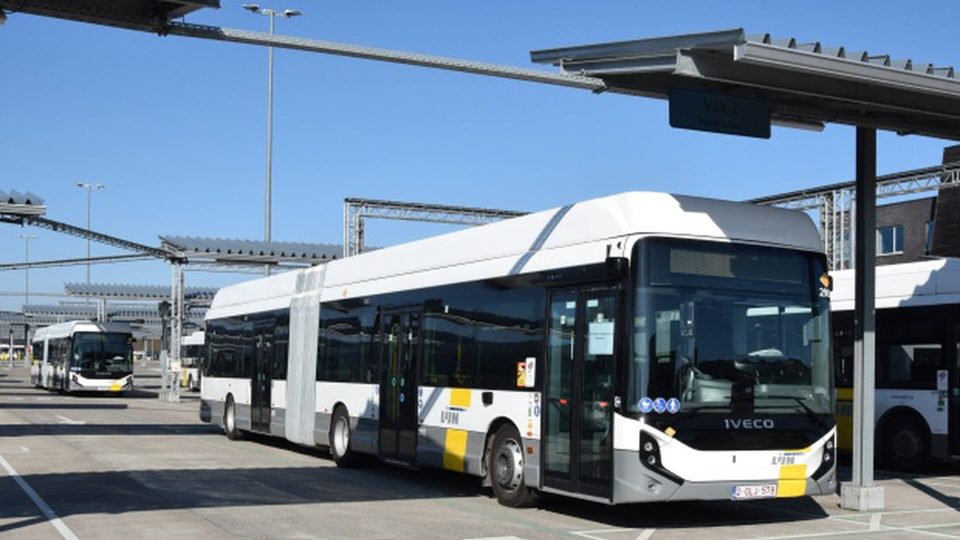Coronavirus, public transport is crucial. And needs support. An open letter by UITP
Public transport is needed now more than ever. But it needs support. This is, in a nutshell, the meaning of the open letter sent by UITP to the European institutions calling for the ongoing support of the sector now, and in the times that lie ahead. A document shared with other fellow associations such as […]

Public transport is needed now more than ever. But it needs support. This is, in a nutshell, the meaning of the open letter sent by UITP to the European institutions calling for the ongoing support of the sector now, and in the times that lie ahead. A document shared with other fellow associations such as IRU, Polis, EuroCities and CER.
The letter is addressed to the President of the European Commission, Ursula von der Leyen, President of the European Council Charles Michel and David Maria Sassoli, President of the European Parliament. UITP underlines it remains ready to contribute to the future ambitious environmental objectives as defined in the EU Green Deal.
In February, UITP published a fact sheet about “Management of Covid-19 guidelines for public transport operators”.
Recently, the Chinese bus air conditioning supplier Cling shared a decalogue about how should public bus air conditioners be properly used and effectively disinfected to avoid the spread of Coronavirus contagion.
READ THE FULL LETTER HERE

Public transport is essential during Coronavirus
This is the incipit of the open letter: «While fighting this unusual crisis, ensuring the basic continuity and survival of the public transport and local mobility services is essential for Europe and all European citizens and especially for the many professionals depending on a well-functioning local transportation network to execute their essential daily functions.
In order to ensure this continuity, the competent authorities have to guarantee the availability of the relevant medical equipment and products to the public transport and local mobility operators to protect the health and safety of their employees, as well as their passengers».
UITP, the best practices for public transport
These are the best practices recommended by UITP and the fellow organizations whose signature lies below the open letter sent to European institutions:
- Ensure that all workers receive the latest and most accurate information about COVID 19 including ways to limit/avoid transmission;
- Provide staff, especially drivers, with hand sanitising products and other appropriate means to limit the spread of the virus, taking into account the availability of the local facilities;
- Regular deep cleaning and disinfection of transport vehicles and assets touched by the transport users (such as ticketing devices…);
- Limit the interactions of drivers with passengers (for example no cash ticket sales onboard, allowing rear-door boarding only …);
- Adapt the level of service according to the reduction of travel demand in line with regular business procedures and with decisions taken by public authorities (e.g. night services and school services are suspended in some cities, some networks are following weekend or school holidays timetables…);
- Provide dedicated services to healthcare personnel and any other category of personnel falling under essential services;
- Temporarily release from active service, staff members with a higher risk of infection (e.g. older staff members over 60, people with a chronic health condition, etc.).








